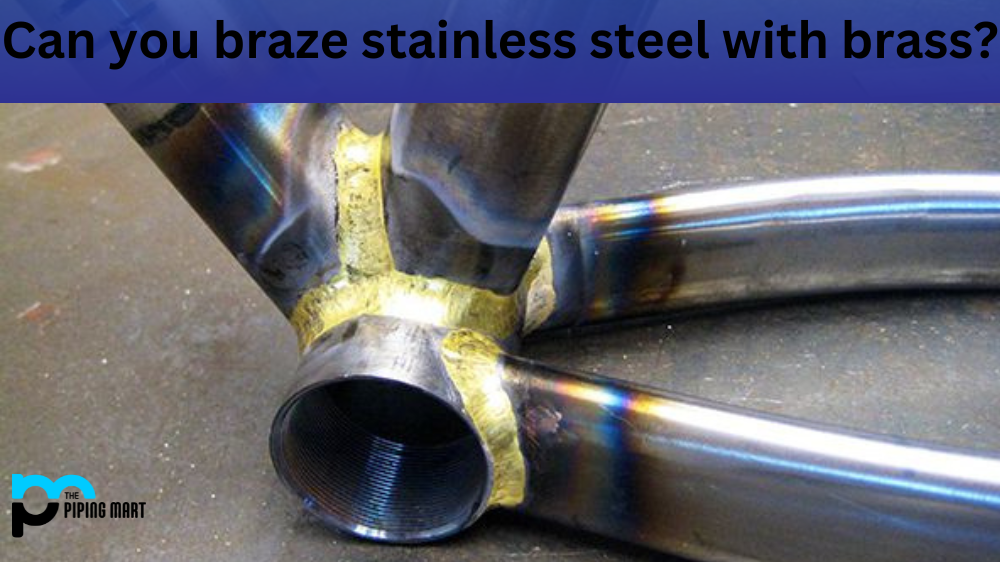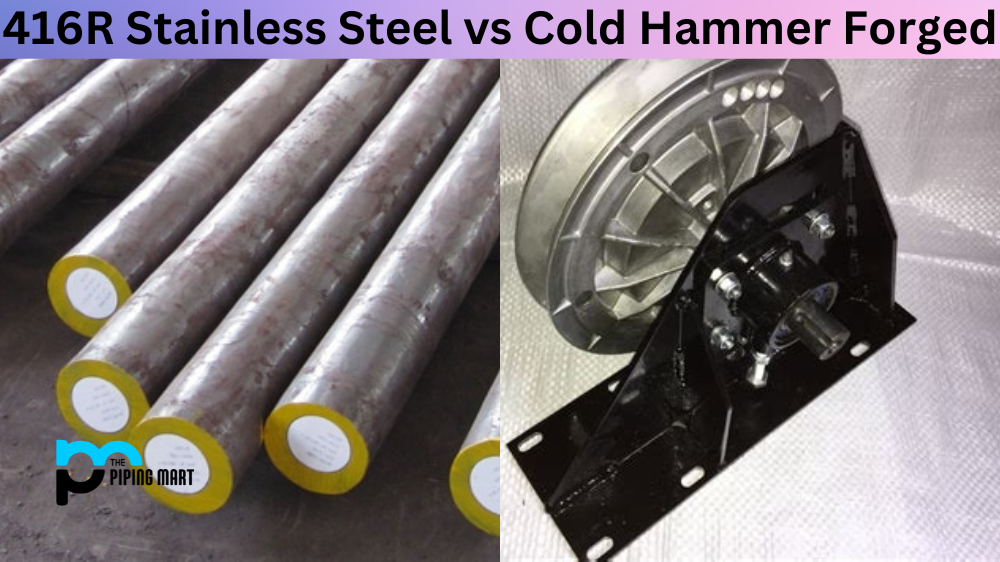One of the most common questions regarding metalworking is whether or not you can braze stainless steel with brass. This blog post will discuss why this isn’t an intelligent idea and what you should use instead.
What Is Brazing?
Brazing is the process of joining two metals together using a filler metal with a melting point lower than the metals being joined. The filler metal is heated until it melts and then flows into the joint between the two pieces, creating a strong bond. When done correctly, brazing can create joints that are just as strong as welding. However, it’s important to use the right materials for brazing; otherwise, your joint won’t be as strong or durable as it could be.
Why You Shouldn’t Braze Stainless Steel With Brass
When it comes to brazing stainless steel with brass, there are several reasons why this isn’t a good idea. First and foremost, brass and stainless steel have significantly different properties when it comes to heat transfer and corrosion resistance. This means that when they are combined using brazing, they won’t form an equally strong bond throughout the joint. Additionally, brass is much softer than stainless steel, which will cause the joint to wear out faster over time.
Best Materials For Brazing Stainless Steel
To braze stainless steel correctly, you should use nickel-based filler metals such as nickel silver or nickel-phosphorus alloys. These materials are specifically designed for joining stainless steels together and will provide maximum strength and corrosion resistance in your joint. Additionally, these materials have similar thermal expansion properties, so your joint won’t be subjected to too much stress from temperature changes over time.
Conclusion:
Brazing stainless steel with brass is not recommended due to their differences in properties and thermal expansion rates. Instead, nickel-based filler metals such as nickel silver or nickel-phosphorus alloys should be used to ensure a strong bond between the two materials that will remain sturdy over time despite fluctuations in temperature or other environmental factors. By taking the time to research which filler metal is best suited for your project needs ahead of time, you can save yourself time and money while also ensuring that your joints last longer than they would if brazed incorrectly with brass instead of an appropriate alloy material.

Meet Bhavesh, a seasoned blogger with a wealth of knowledge and experience. From metal products manufacturing to retail, Bhavesh has a diverse background in various industries and is dedicated to sharing his insights and expertise with readers.




